
All triple-negative breast cancers are not created equal, and clinicians should consider their inherent heterogeneity during diagnosis and treatment planning.

Your AI-Trained Oncology Knowledge Connection!


All triple-negative breast cancers are not created equal, and clinicians should consider their inherent heterogeneity during diagnosis and treatment planning.
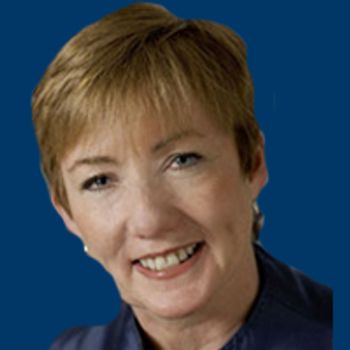
Monica Morrow, MD, addresses how she treats patients with breast cancer who have locoregional recurrence and how therapeutic approaches have evolved over recent years.
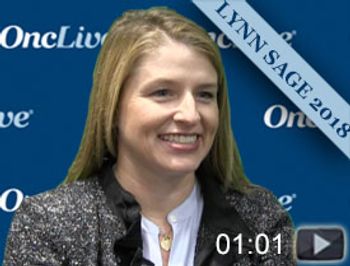
Sara McLaughlin, MD, professor of Surgery, Mayo Clinic, discusses the frequency that lymphedema appears in patients with breast cancer and addresses the complications in identifying this after her presentation at the Lynn Sage Breast Cancer Symposium.
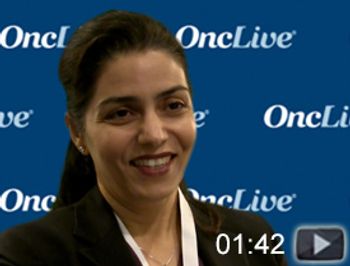
Afsaneh Barzi, MD, assistant professor of clinical medicine, USC Norris Comprehensive Cancer Center, discusses surgical advances in the treatment of patients with pancreatic cancer.

Just as immunotherapies are transforming clinical practice for oncologists, these new therapies are also changing the practice of pathology and offering new ways for oncologists and pathologists to collaborate and improve patient care.
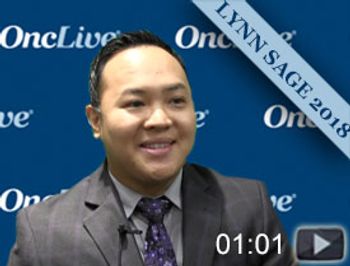
Luis Z. Blanco Jr., MD, assistant professor of Pathology, Northwestern University, discusses the role a pathologist plays in the treatment of a patient with breast cancer during a presentation at the Lynn Sage Breast Cancer Symposium.
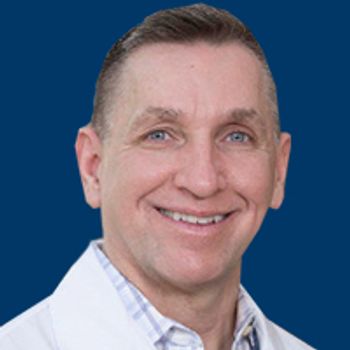
Scalp cooling to limit alopecia in patients with cancer who are receiving chemotherapy is edging closer to becoming a widespread patient offering following recent FDA clearances.
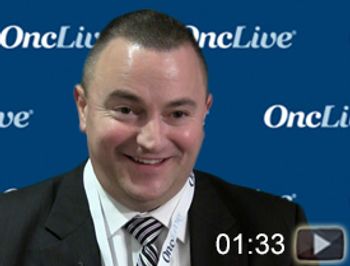
Jason Valent, MD, oncologist, Cleveland Clinic, discusses the potential application of minimal residual disease (MRD) negativity in patients with multiple myeloma.
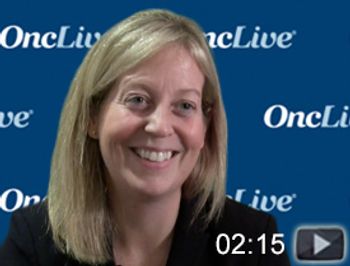
Hetty Carraway, MD, oncologist, Cleveland Clinic, discusses predisposition to acute myeloid leukemia (AML).
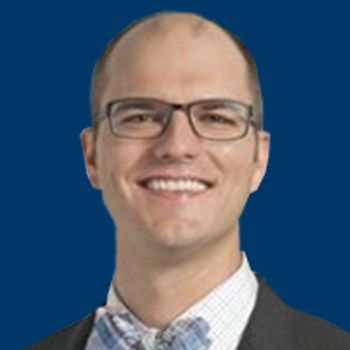
Aaron Gerds, MD, discusses the activity and drawbacks with current systemic agents in myeloproliferative neoplasms.
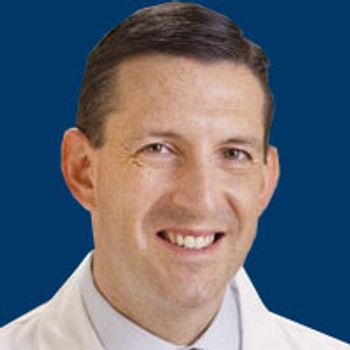
Mikkael A. Sekeres, MD, discusses the characteristics of myelodysplastic syndrome and the evolving armamentarium of treatment.

Jeffrey A. Zonder, MD, discusses triplet regimens in multiple myeloma and patient eligibility for clinical trials.

Advances in subtype-specific treatments, immunotherapy, ongoing issues with younger patients, the optimal use of neoadjuvant and adjuvant regimens, and molecular testing will be discussed at the 20th Annual Lynn Sage Breast Cancer Symposium.

The development of novel immunotherapy combinations is among the most significant trends emerging as part of the next wave of discovery in hepatocellular carcinoma, with several promising regimens incorporating checkpoint inhibitors undergoing testing in phase III studies.
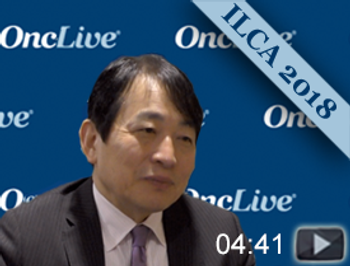
Masatoshi Kudo, MD, PhD, professor and chairman, Department of Gastroenterology and Hepatology, Kindai University, Osaka, Japan, discusses the results of a cost-effectiveness analysis of lenvatinib versus sorafenib in unresectable hepatocellular carcinoma in Japan.
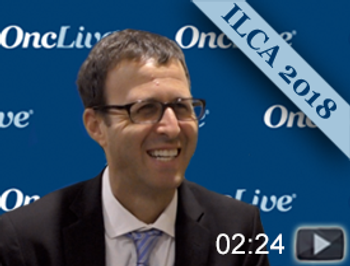
Richard Finn, MD, professor of clinical medicine in the Division of Hematology and Oncology, director of the Signal Transduction and Therapeutics Program at the Jonsson Comprehensive Cancer Center, David Geffen School of Medicine at the University of California, Los Angeles, discusses the role lenvatinib (Lenvima) in the treatment paradigm for advanced hepatocellular carcinoma.
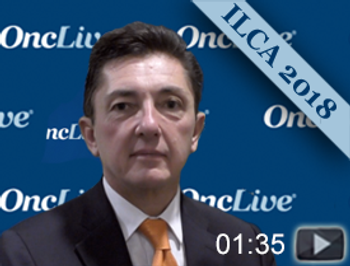
Riccardo Lencioni, MD, professor in the department of radiology at the University of Pisa School of Medicine in Pisa, Italy, discusses how response to hepatocellular carcinoma (HCC) treatment can be best assessed in patients.
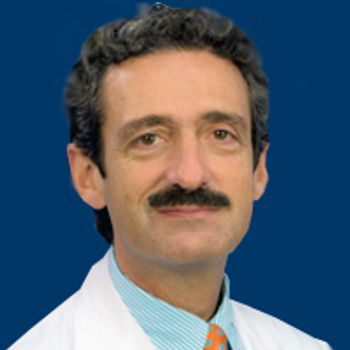
Bruno Sangro, MD, discussed the current landscape for systemic therapies, new directions with immunotherapy, and the need for greater research into combination therapies for patients with hepatocellular carcinoma.
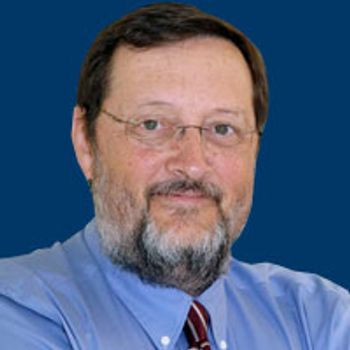
Regorafenib maintained a prolonged overall survival benefit as second-line therapy for patients with advanced hepatocellular carcinoma in a 2-year updated analysis of key findings from the pivotal RESORCE trial.

The positive outcomes that lenvatinib demonstrated as first-line therapy for patients with hepatocellular carcinoma are confirmed in an independent assessment conducted as part of the pivotal, international phase III REFLECT trial.
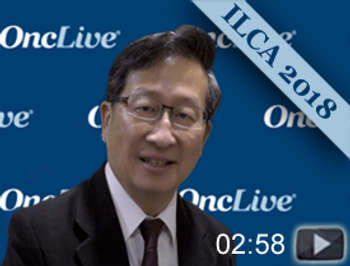
Ann-Lii Cheng, MD, PhD, distinguished professor and director of the cancer center of National Taiwan University, discusses the challenges that tumor heterogeneity in hepatocellular carcinoma (HCC) pose for clinical trials.
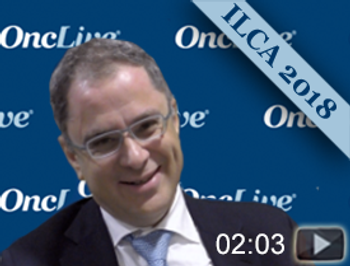
Ghassan K. Abou-Alfa, MD, of Memorial Sloan Kettering Cancer Center, describes what he sees as key areas of research into the treatment of hepatocellular carcinoma as therapy moves beyond existing drugs and into novel approaches.
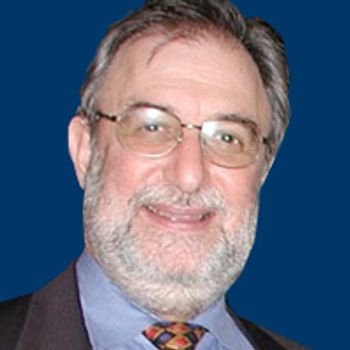
Morris Sherman, MD, PhD, shared his insight on the news and discussions coming out of this year’s meeting, the surge of immunotherapy and targeted therapy research, optimal sequencing approaches, and the challenges that remain in treating patients with hepatocellular carcinoma.

Cabozantinib improved survival as second-line therapy for patients with hepatocellular carcinoma who also had a history of hepatitis B virus infection.

The combination of atezolizumab and bevacizumab demonstrated strong signals of efficacy with a tolerable safety profile as first-line therapy for patients with unresectable or metastatic hepatocellular carcinoma.
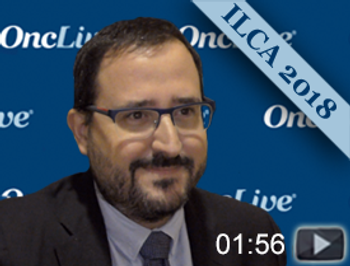
Augusto Villanueva, MD, PhD, assistant professor, Icahn School of Medicine, discusses the potential of liquid biopsy to improve treatment for patients with hepatocellular carcinoma (HCC).
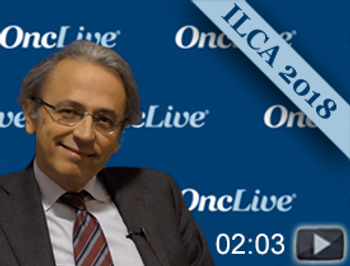
Josep M. Llovet, MD, PhD, Icahn School of Medicine, discusses the potential for biomarkers to improve the treatment of hepatocellular carcinoma (HCC).

The rapid development of novel therapies for patients with unresectable hepatocellular carcinoma has dramatically expanded the options for systemic treatments over the past 2 years, creating the need for new sequencing strategies.
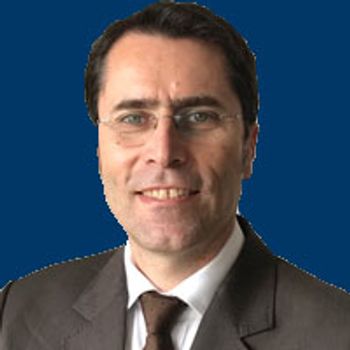
Updates to the European Association for the Study of the Liver clinical guidelines introduce more opportunities for individual patient management of hepatocellular carcinoma.
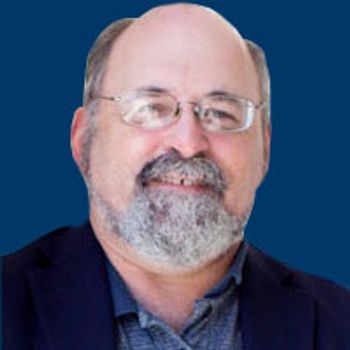
As the checkpoint inhibitors move into the frontline setting for patients with non–small cell lung cancer, the focus has been placed on the duration of therapy and what to do in the second-line setting following progression.